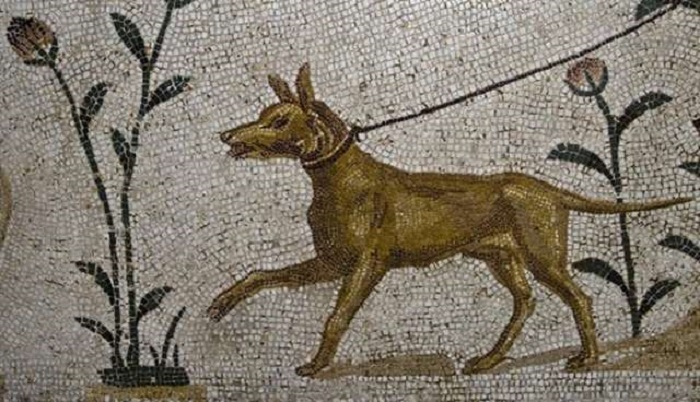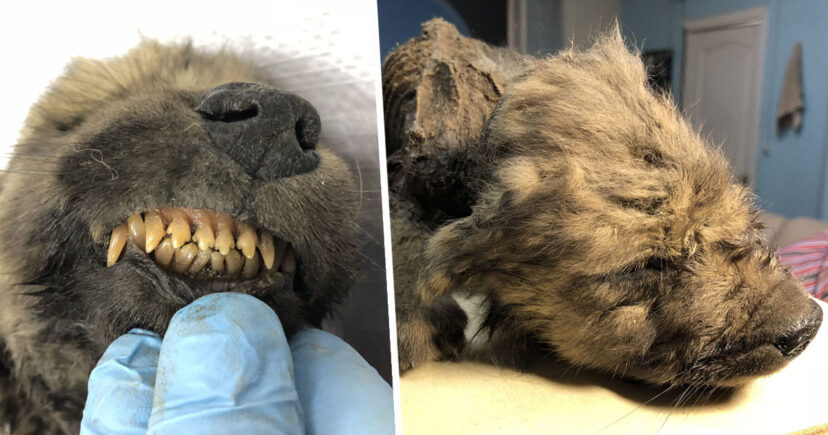Ancient Greeks had a great love and respect for their dogs, cherishing them as companions, protectors, and hunters, as evidenced by several dog tombstones discovered over the centuries.
The most well-known story about the relationship between ancient Greeks and their pet canines comes from Homer and his “Odyssey”. Written as early as c.800 BC, it is a story of the unending loyalty of dogs to man.
Argos is the loyal friend of King Odysseus. His master finally returns home after being away on his adventure for 20 years, and is not recognized by the hostile suitors who are vying to win the hand of Odysseus’s wife, Penelope. But Argos recognizes his master and rises up from where he has been faithfully waiting, wagging his tail in greeting.
Odysseus, however, is in disguise and he is afraid that if he acknowledges the greeting, he will give away his true identity in front of the suitors; so he ignores his old friend, and Argos tragically lays back down and dies.
Study finds that 4-month-old Ravens are as intelligent as adult Apes
The great philosopher Socrates himself saw wisdom in dogs.
He claimed that dogs are true philosophers because they “distinguish the face of a friend and of an enemy only by the criterion of knowing and not knowing” and concluded that dogs want to learn things because by learning they determine what they like and what they do not based upon knowledge of the truth.
Socrates said that the dog has learned who is a friend and who is not and, based on that knowledge, responds appropriately; while human beings are often deceived as to who their true friends are.
Read more: greek reporter






































